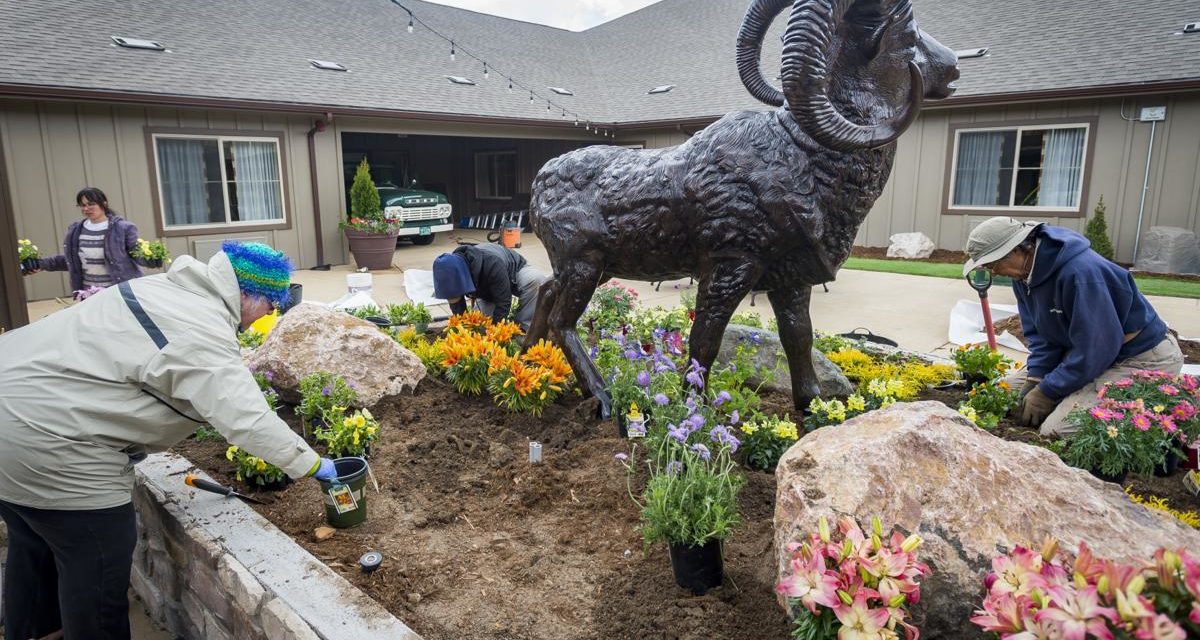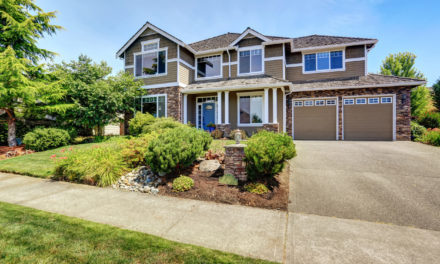Apartment owners often offer incentives to woo renters when the market slows down. Now, the rapidly growing Colorado Springs-area senior housing sector is following suit amid concerns of oversupply.
Article by: Wayne Heilman
Four complexes have opened in the Colorado Springs area since September, adding 320 independent-living apartments with meal service, assisted-living and memory-care units to a market that added eight projects between 2011 and 2015. Another four complexes with 316 senior housing units are scheduled to open during the next six months, boosting the area’s senior housing supply by nearly 25 percent in 13 months.
Several of the complexes have trimmed rental rates by hundreds of dollars, are waiving or cutting move-in fees or are offering help with moving expenses – all in an effort to remain competitive during the building boom.
Angela Spence, executive director of Springs Ranch Memory Care, said her complex is offering an all-inclusive monthly rate that won’t change as long as the resident lives there – instead of a room rate that is subject to annual increases plus additional fees based on the level of care the resident needs. The new structure reduces the monthly cost for residents by up to $1,400. Springs Ranch, which opens May 15, also cut its move-in fee by $1,000.
“We made some adjustments due to changes in the market, which is a lot more supply coming into this market,” Spence said. “The supply of memory care units (designed for residents with Alzheimer’s disease, dementia or other memory impairments) will double over two years.”
Spence said Koelsch Senior Communities, owner of Springs Ranch Memory Care, did a market study before the project was started and determined a need for more than 100 beds of memory care residents, even with all the projects that were planned or under construction. While the Colorado Springs market might end up with an oversupply of senior housing complexes, she said the surplus will be short-term, based on the popularity of the area as a place to live, especially for military veterans.
“We have 25 residents signed up now and our goal is 30 before we open; I believe we will meet that goal. It will probably take a year for us to fill up, but I think that is a very realistic goal,” Spence said. “We will probably need to offer deals like this throughout our first year. There are a lot of incentives in the market right now, although we are coming into the good season for senior housing. People just don’t want to move around the holidays or when the weather is bad.”
Koelsch is banking on its upscale amenities, 24-hour nurse coverage and its lifetime rent lock to help market Springs Ranch Memory Care, Spence said. The average resident comes from an area within five miles of the complex and has an annual income of more than $60,000, she said.
Beth Mace, senior economist for the National Investment Center for Senior Housing and Care in Annapolis, Md., said owners “may face some challenges in leasing up these properties. If history is a guide, it took several years to absorb” the last round of senior housing projects. She said the Springs market remains “relatively strong,” despite the supply increase, because a greater share of the target population for senior housing locally lives in such complexes.
The four new complexes already have had an impact on rental rates, which have fallen in each of the past four quarters, mostly in independent-living apartments. The 2.1 percent decline in the fourth quarter from the same quarter a year earlier was the biggest of any of the 99 metro areas the center tracks. Occupancy rates also fell from 91.8 percent in 2016 to 87.7 percent by the fourth quarter of last year before improving to 89.7 percent in the first quarter.
Nate Johnson, sales and marketing director for Province Springs, a complex of 160 independent-living senior apartments near the First & Main shopping and entertainment complex, said the owners cut rental rates by about $300 a month and the initial move-in fee by half to attract residents. The complex, which opened Feb. 20, has 20 residents with another 10 to 15 who have paid deposits scheduled to move in during the next two months. Province has a long list of amenities ranging from a salt-water pool and 24-hour concierge service to employing a well-known chef at its in-house restaurant to draw potential residents Johnson said he expects it will take about a year to reach capacity.
Melody Senior Living, which opens in July near Woodmen Road and Powers Boulevard, is offering new residents $3,200 in moving help. It also is counting on its location across Woodmen Road from St. Francis Medical Center to draw residents, said Carol Iten, Melody’s sales and marketing director. The 85-bed complex has deposits from 18 residents and Iten said she expects to have the entire facility leased within a year.
The Aspen at Woodland Park, a 21-bed assisted-living center expected to open in late May, cut its rental rates by about one-third “due to all of the supply coming onto the market,” said Angela Waterbury, the facility’s vice president of resident experience.
Well-Age Senior Communities, which will manage Jackson Creek Senior Living in Monument, doesn’t plan to offer incentives to fill its 137 senior apartments, assisted-living and memory care units, said Moraine Byrne, the company’s senior vice president. The $32 million project is scheduled to open in “early fall,” although the company began marketing efforts May 2 and hopes to fill the complex within 18 months of opening.
“My approach to pricing and incentives is to study and understand the market, price competitively and appropriately, offer the best service, and you typically don’t need to offer pricing incentives. Not typically, but it can happen, based on a number of economic factors that can change,” Byrne said.

 Garden workers add the final touches to flower beds at Springs Ranch Memory Care in Colorado Springs. Photo Credit: Dougal Brownlie, The Colorado Springs Gazette
Garden workers add the final touches to flower beds at Springs Ranch Memory Care in Colorado Springs. Photo Credit: Dougal Brownlie, The Colorado Springs Gazette 



Comment on: Popular Colorado city creates surplus of senior housing; rent drops as result